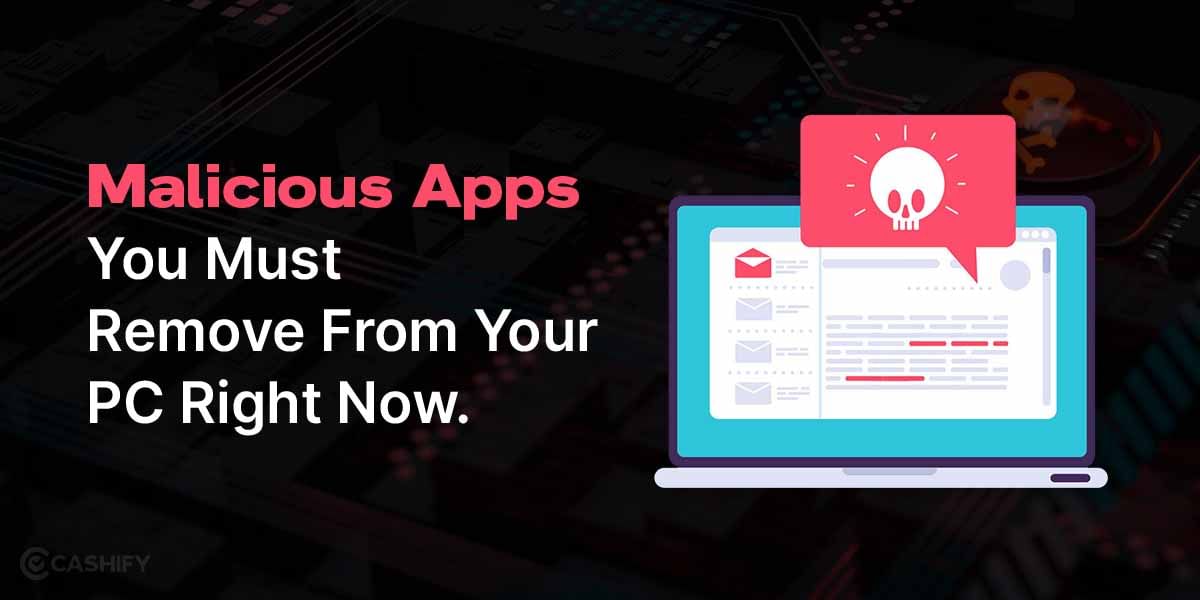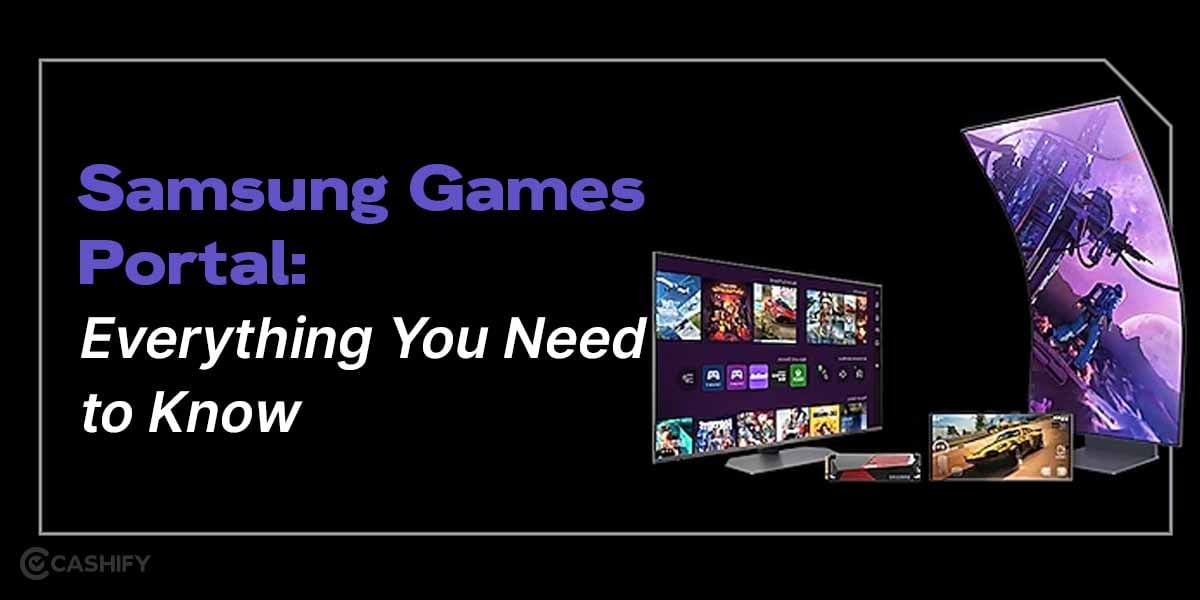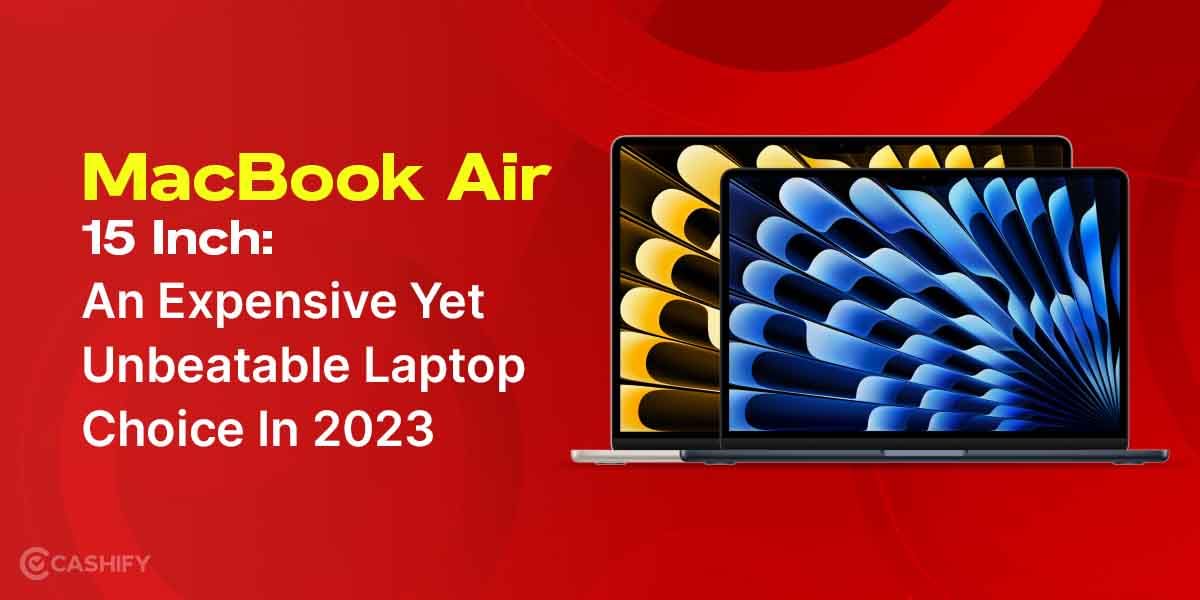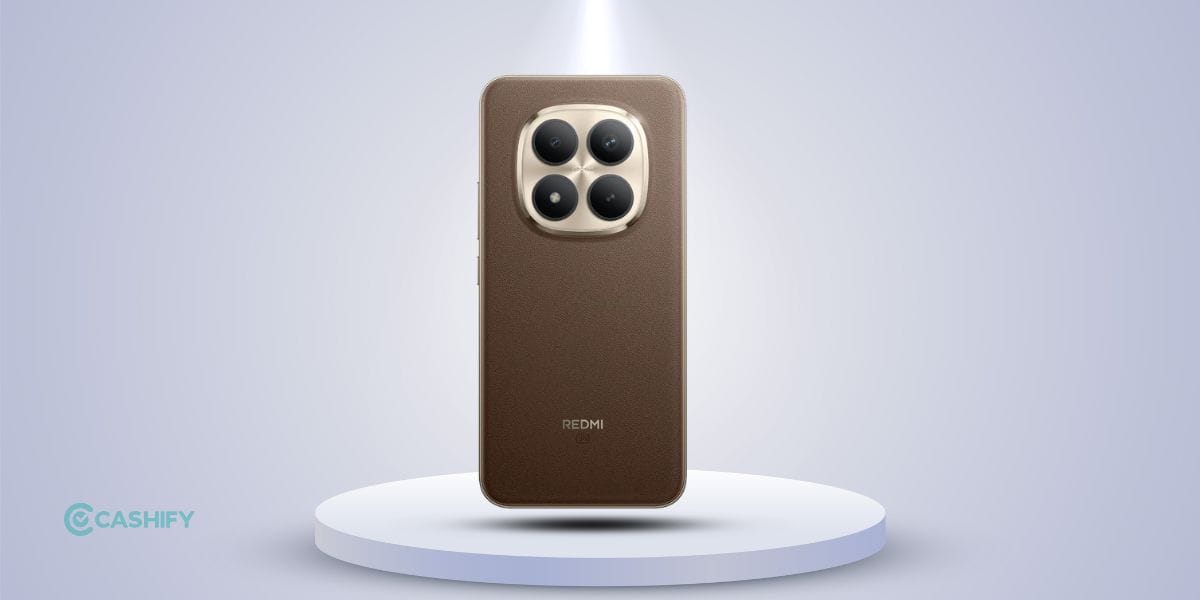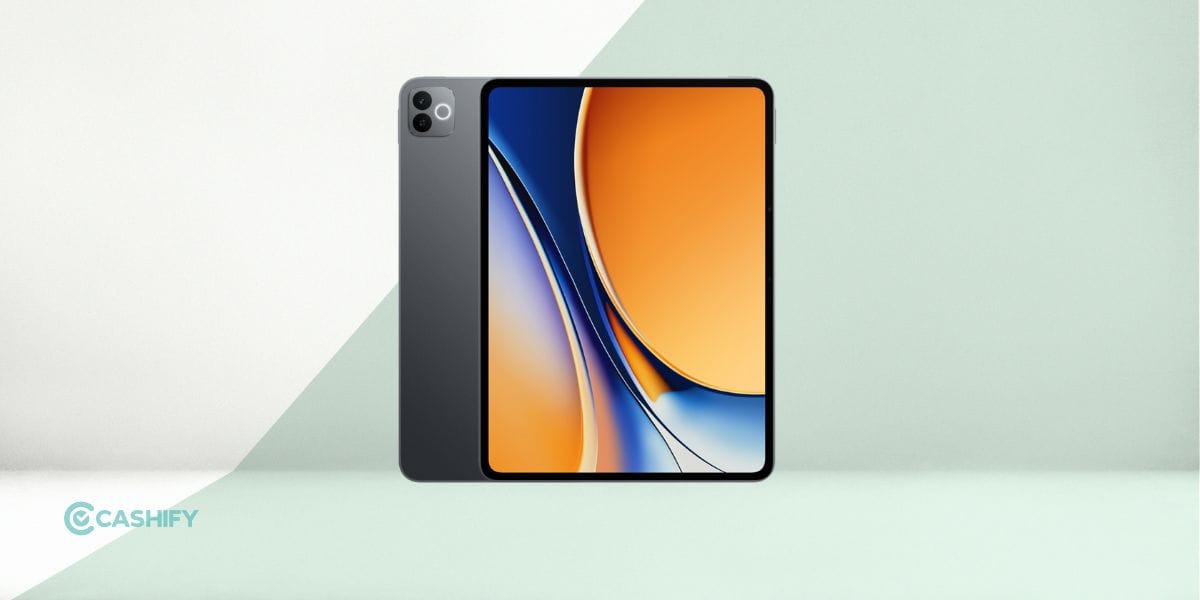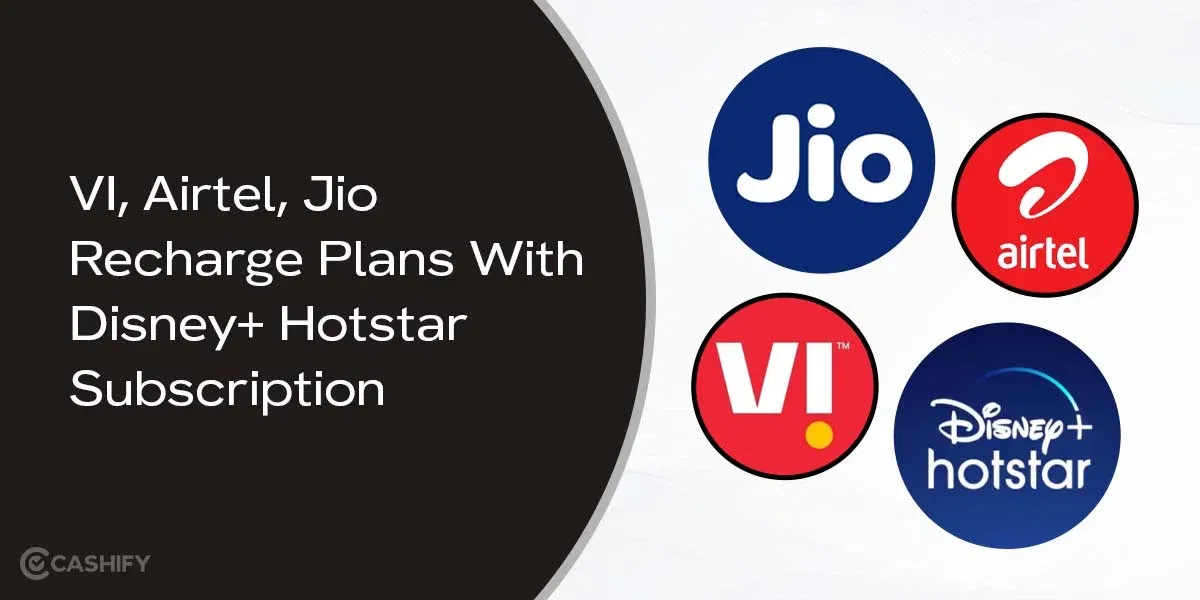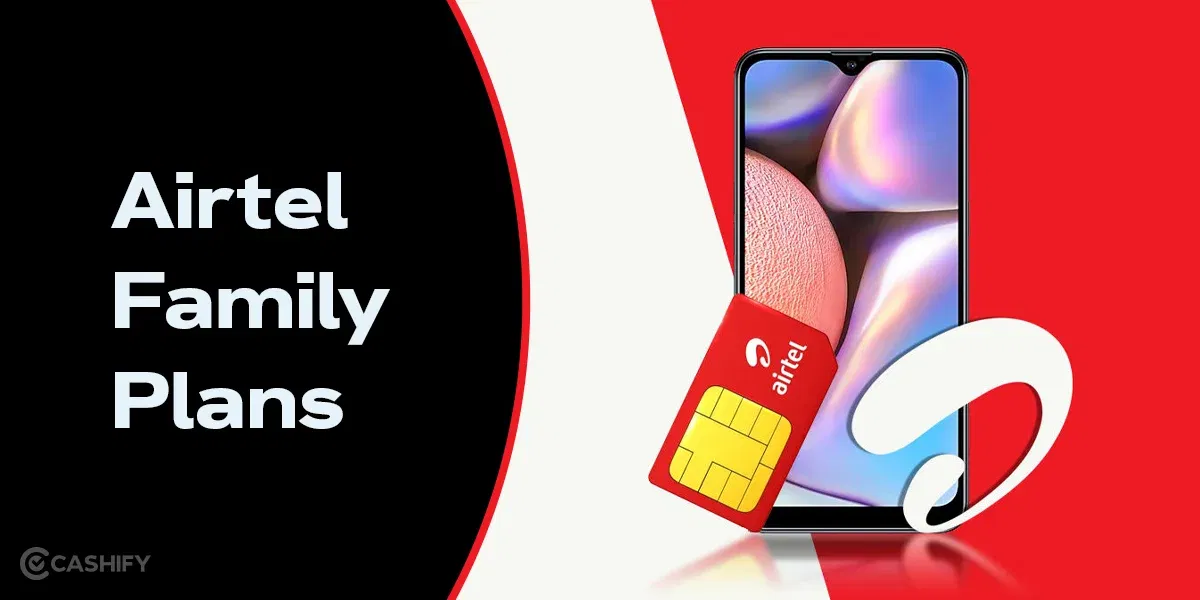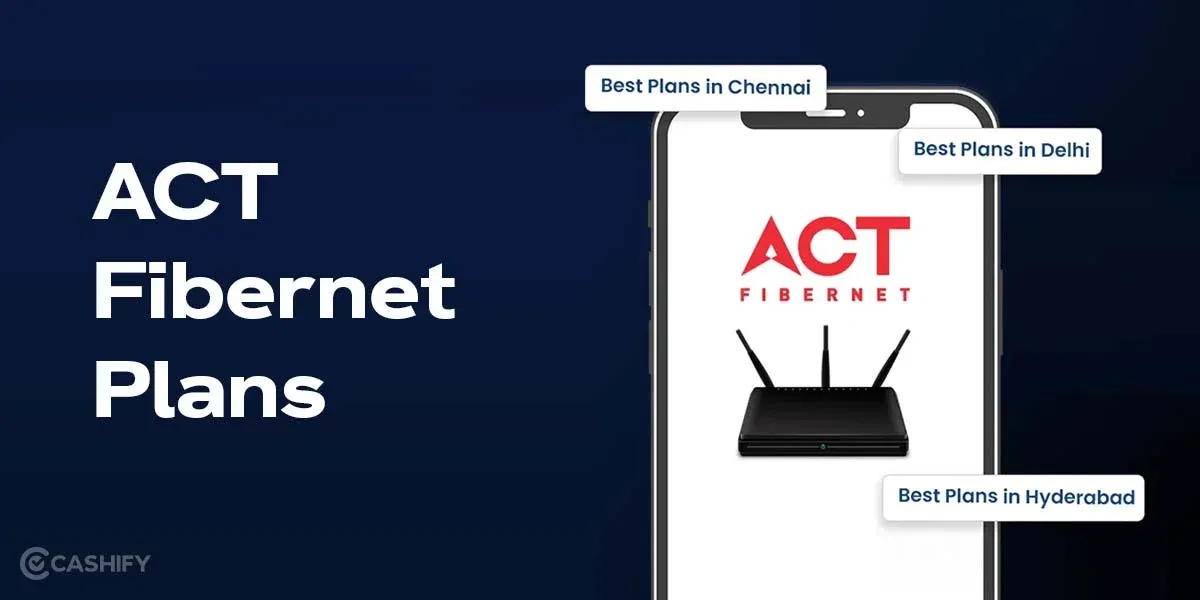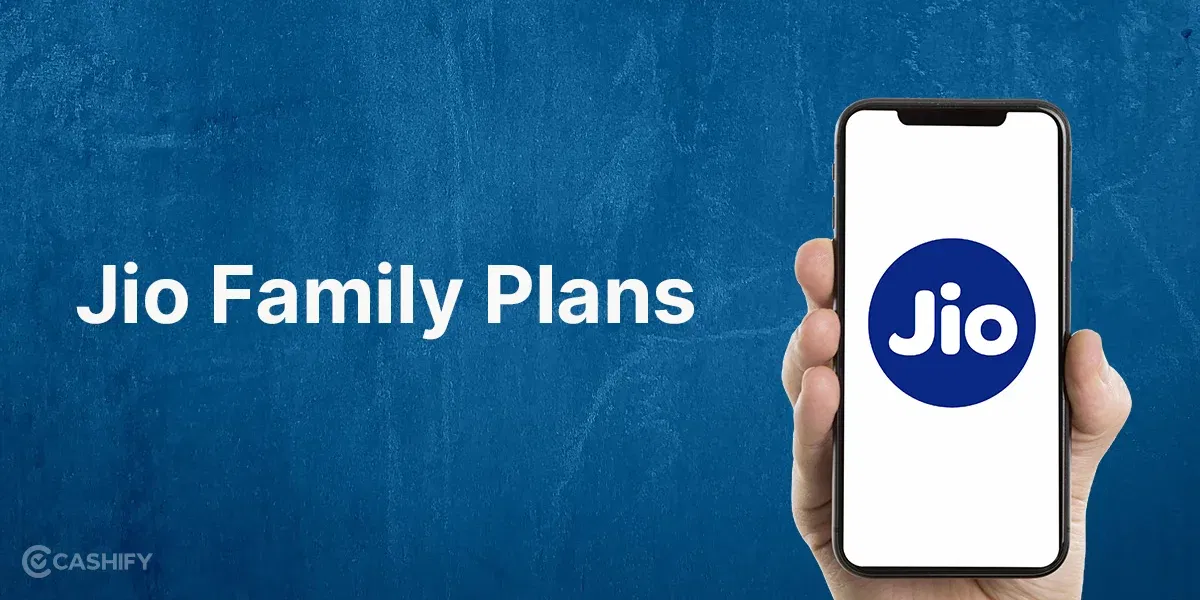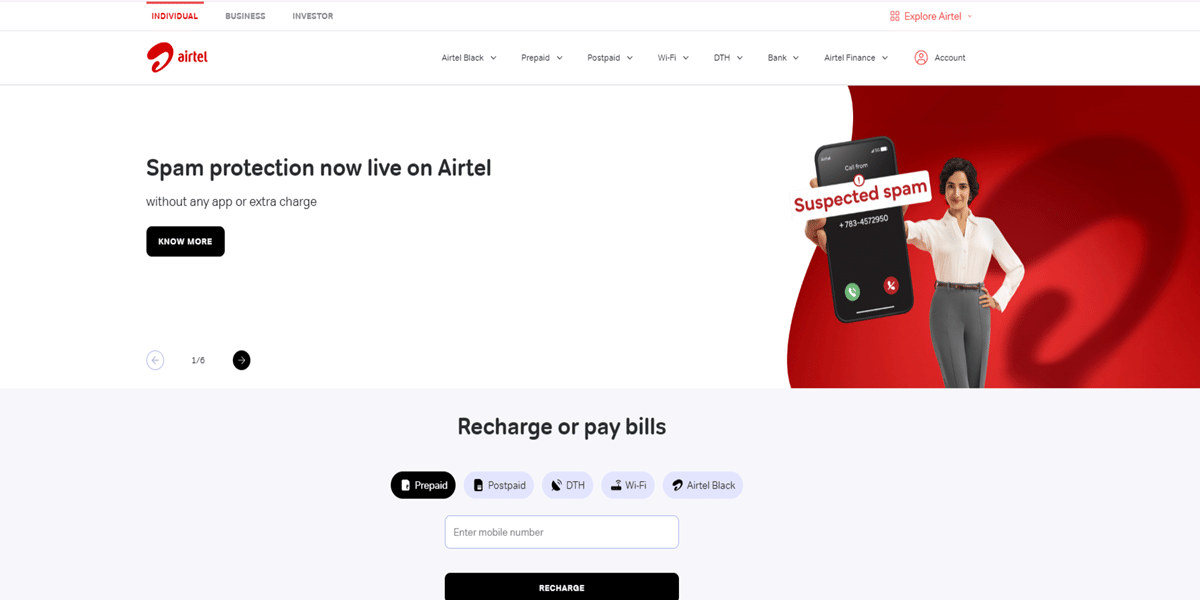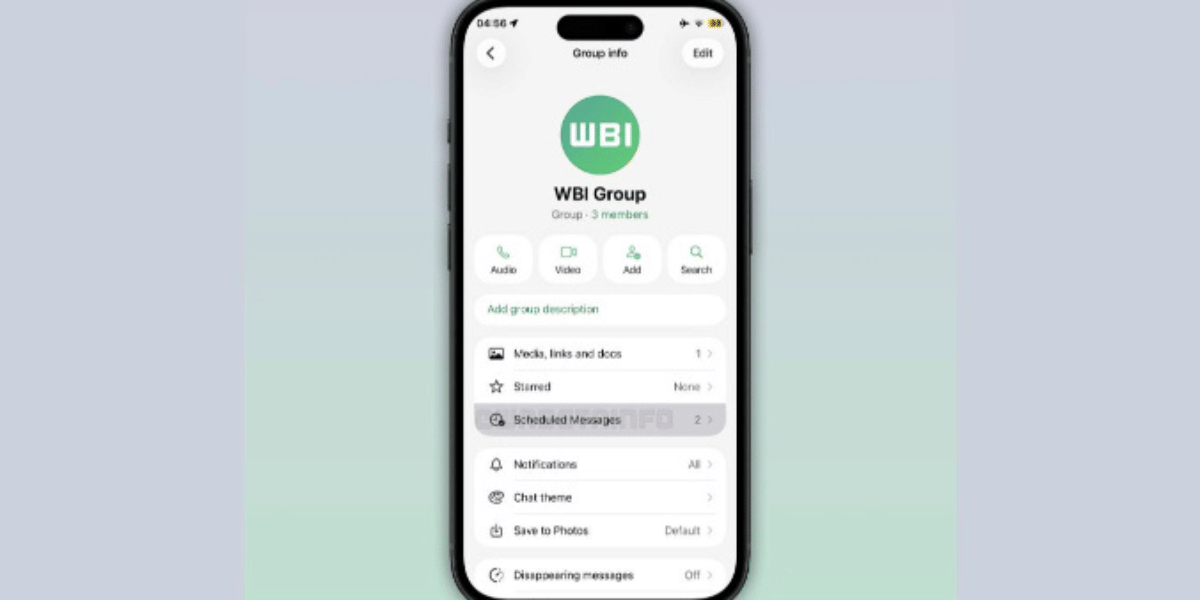The digital payment infrastructure in India can be considered one of the best in the world. Thanks to the introduction of the Unified Payment Interface (UPI), transactions can be conducted in a seamless and efficient manner with a low probability of failure. However, the service is highly reliant on a good communication framework and requires considerable resources to be devoted for it to work in an orderly fashion. It is possible that during times of natural disaster or war, the services required for payment gateways and UPI to function may not be operational. To counter this, the Reserve Bank of India (RBI) has said that it has been developing a lightweight payment and settlement system, or LPSS that is said to function to provide a solution to this very problem.
As part of its agenda for 2023-24, the RBI has said in a statement that they are going to put a “resilient framework for structured oversight of centralised payment systems called Utkarsh 2.0″. It will be independent of the technology which is used for NEFT or UPI. So what exactly can be accomplished with LPSS, and will the general consumer find any use for it? Let’s understand it in a little bit more detail.
Also read: UPI 123Pay: How To Make UPI Payment Via A Feature Phone?
What exactly is LPSS, and how is it different from UPI?
The term ‘lightweight’ in LPSS implies the nature of the payment service and is therefore understood to need minimal hardware and software for the purpose of functioning. RBI has stated that it will only be activated “on a need-to basis” and, apart from that, will remain dormant. As mentioned, the functionality will be helpful during times of crisis and war. It will be key to maintaining economic stability at a time when government resources are likely to be busy curtailing any volatile situation affecting the country.
Also read: It Is Possible To Make UPI Payments Without Using The Internet: Here’s How
Services like UPI and NEFT are highly complicated gateways for payments. Not only do they require constant monitoring from NPCI (National Payments Corporation of India) and banks, there are a lot of intricate steps and processes that have to occur before any transaction is made.
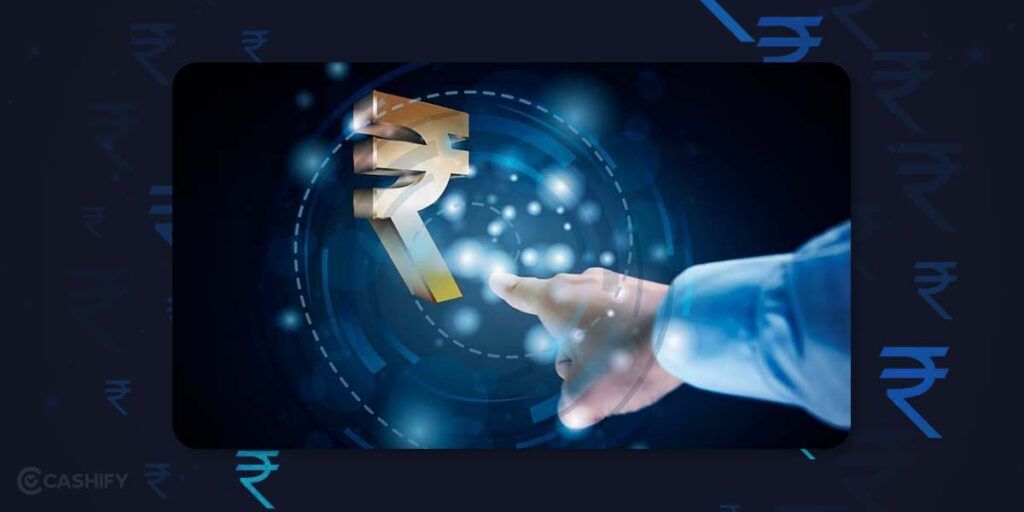
We don’t realise this because these steps are done in a very swift manner on the backend. However, if even one of the crucial elements collapses in the system, UPI and NEFT services will cease to operate. The same will not be true for a service like LPSS, which is designed to run on minimal hardware.
How will LPSS run?
Only a skeleton crew will be required to operate LPSS, and they will be constantly in touch with the government, financial establishments, and other service providers. It is said that transactions that are essential for the government to run and to maintain economic stability will be the only ones that new payment system will facilitate. This means that any consumer-side payments or retail transactions will not be a part of this new system.
Also read: 5 Best UPI Apps For Safe Online Payments In 2023
However, even with the non-usage of extensive resources, LPSS is said to maintain the integrity of any transaction and will keep a detailed record of all payments that have been made. It can be considered equivalent to a bunker in the world of payment systems.
What are the advantages of this system?
Having LPSS in the system allows several possibilities and benefits for digital payments that will be improbable to implement during a time of crisis. Some of the key benefits are listed below
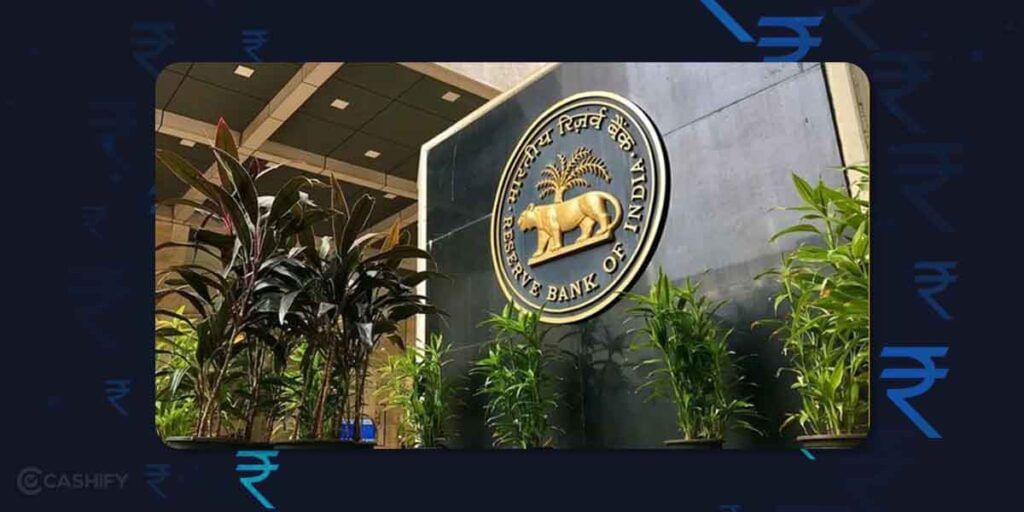
- Control during emergencies: The new payment system can do its work even when regular payment gateways are not working properly. Doing so opens up a separate alternative system that can be dedicated to supporting the necessary financial infrastructure in place.
Also read: RBI May Charge Transaction Fee On UPI Transactions: Details Here
- Secure and efficient transactions: It is understood that the system will be able to provide a high degree of safety and security for its transactions. Although RBI has not disclosed what technologies will be introduced to cast this safety net, the interests of the country will no doubt be protected financially
Also read: How To Link Credit Card With UPI?
- Minimal infrastructure requirements: Having as little hardware and software as possible will allow the system to reduce its reliance on extensive infrastructure like the one used in UPI and NEFT. If the country’s existing communication networks are compromised, this will ensure that payments are not affected.
Also read: RBI Says NO To Any New Paytm Payments Bank Customers; Here’s Why
- Business continuity: By offering a reliable payment solution in times of crisis, LPSS helps maintain business continuity for various industries and sectors. It ensures that financial transactions can still take place, even when faced with adverse circumstances.
What could be the potential concerns?
Also read: Indian Digital Currency: What Is E-Rupee? How To Get It & More!
Of course, operating a new channel for transactions can open up its own sets of problems, namely training the people to operate it. In times of crisis, it becomes even more imperative that the hired staff is up to date on the system. Given the nature of LPSS, retail merchants, and consumers will find it of little use as well. It will also be required to be tested regularly under various simulations to build its capacity for a time when a crisis occurs.
[CshComponent type=”adSlotSquareComponent” slotId=”7799905995″
Summary
In any case, it is still imperative that the government maintains a robust setup to keep the country’s financial apparatus running smoothly when it is required the most during a catastrophe.
Searching for the best place for mobile repair and to sell old mobile phone? Cashify is the perfect place that offers phone repair at an affordable rate with convenient services.



